Why do I want a dual fuel range?
cawfeegirl
14 years ago
Featured Answer
Sort by:Oldest
Comments (29)
sfjeff
14 years agoamcook
14 years agoRelated Professionals
King of Prussia Kitchen & Bathroom Designers · Manchester Kitchen & Bathroom Designers · New Castle Kitchen & Bathroom Designers · Southbridge Kitchen & Bathroom Designers · White House Kitchen & Bathroom Designers · Alpine Kitchen & Bathroom Remodelers · Crestline Kitchen & Bathroom Remodelers · Folsom Kitchen & Bathroom Remodelers · Garden Grove Kitchen & Bathroom Remodelers · Hanover Township Kitchen & Bathroom Remodelers · New Port Richey East Kitchen & Bathroom Remodelers · Country Club Cabinets & Cabinetry · Crestview Cabinets & Cabinetry · Effingham Cabinets & Cabinetry · Eureka Cabinets & Cabinetrycountry_smile
14 years agocawfeegirl
14 years agomarcolo
14 years agofriedajune
14 years agoweissman
14 years agojohn_com
14 years agosfjeff
14 years agoweedmeister
14 years agocawfeegirl
14 years agoweissman
14 years agocawfeegirl
14 years agoamcook
14 years agocountry_smile
14 years agofriedajune
14 years agowa8b
14 years agoweissman
14 years agowa8b
14 years agocawfeegirl
14 years agofriedajune
14 years agocawfeegirl
14 years agosfjeff
14 years agofriedajune
14 years agoantiquesilver
14 years agocawfeegirl
14 years agosfjeff
14 years agofriedajune
14 years ago
Related Stories

GARDENING GUIDESHelp Fuel the Monarch Migration With These 6 Prairie Plants
Try these nectar-rich beauties and help autumn monarchs
Full Story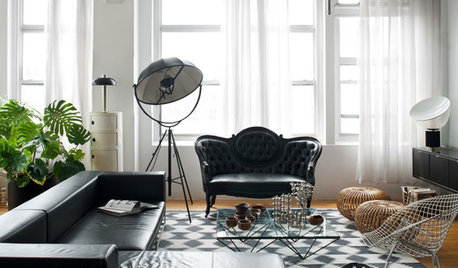
LOFTSHouzz Tour: Lofty Ambitions Fuel a Manhattan Makeover
A bare-bones space becomes a personal, eclectic showcase at the hands of a designer who loves collecting
Full Story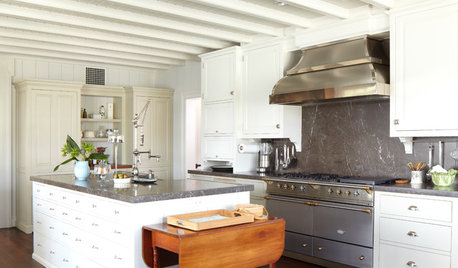
KITCHEN DESIGNHow to Find the Right Range for Your Kitchen
Range style is mostly a matter of personal taste. This full course of possibilities can help you find the right appliance to match yours
Full Story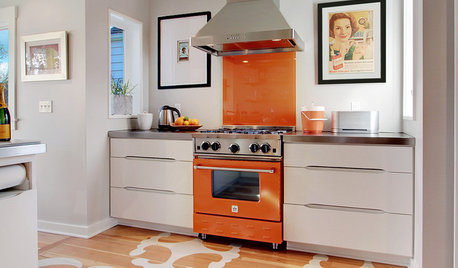
HOUSEKEEPINGHow to Clean Your Range and Oven
Experts serve up advice on caring for these kitchen appliances, which work extra hard during the holidays
Full Story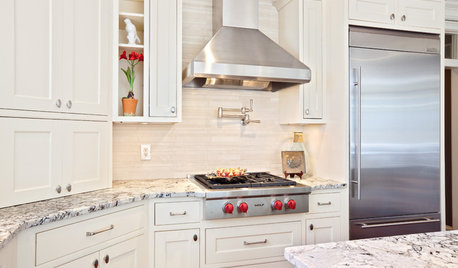
KITCHEN DESIGNHome Above the Range: Smart Uses for Cooktop Space
With pot fillers, shelves, racks and more, you can get the most function out of the space above your kitchen range
Full Story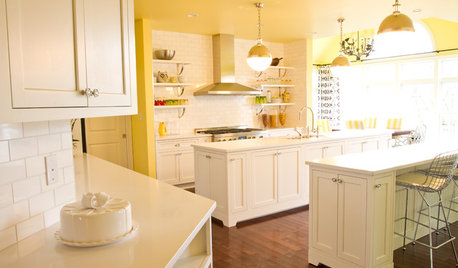
KITCHEN DESIGNDouble Islands Put Pep in Kitchen Prep
With all that extra space for slicing and dicing, dual islands make even unsavory kitchen tasks palatable
Full Story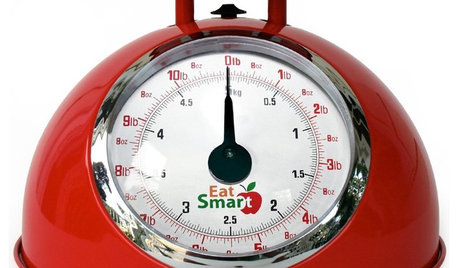
PRODUCT PICKSGuest Picks: Handy Helpers for Small Kitchens
Smart about size or dual use, these appliances, gadgets and pots offer full service while saving kitchen space
Full Story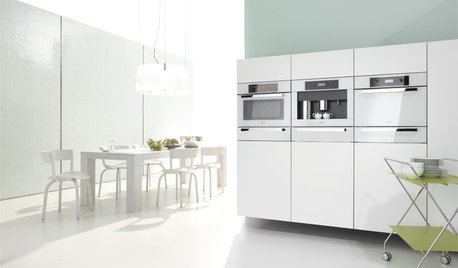
KITCHEN DESIGNWhite Appliances Find the Limelight
White is becoming a clear star across a broad range of kitchen styles and with all manner of appliances
Full Story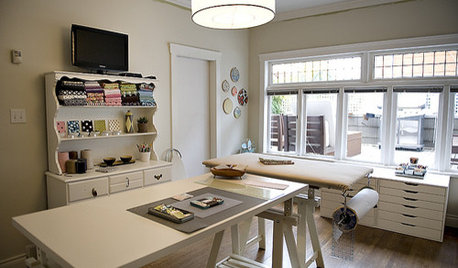
HOME OFFICESPrepping Your Home Office for Big Business
How to Create a Workspace to Fuel Your Success This Year
Full Story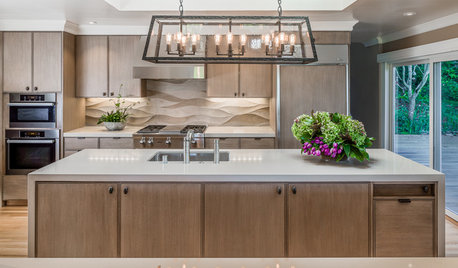
KITCHEN DESIGNKitchen of the Week: Warm Serenity in an Entertaining-Friendly Space
A subtle and sophisticated Sausalito kitchen has dual islands and plenty of storage
Full StoryMore Discussions






cawfeegirlOriginal Author